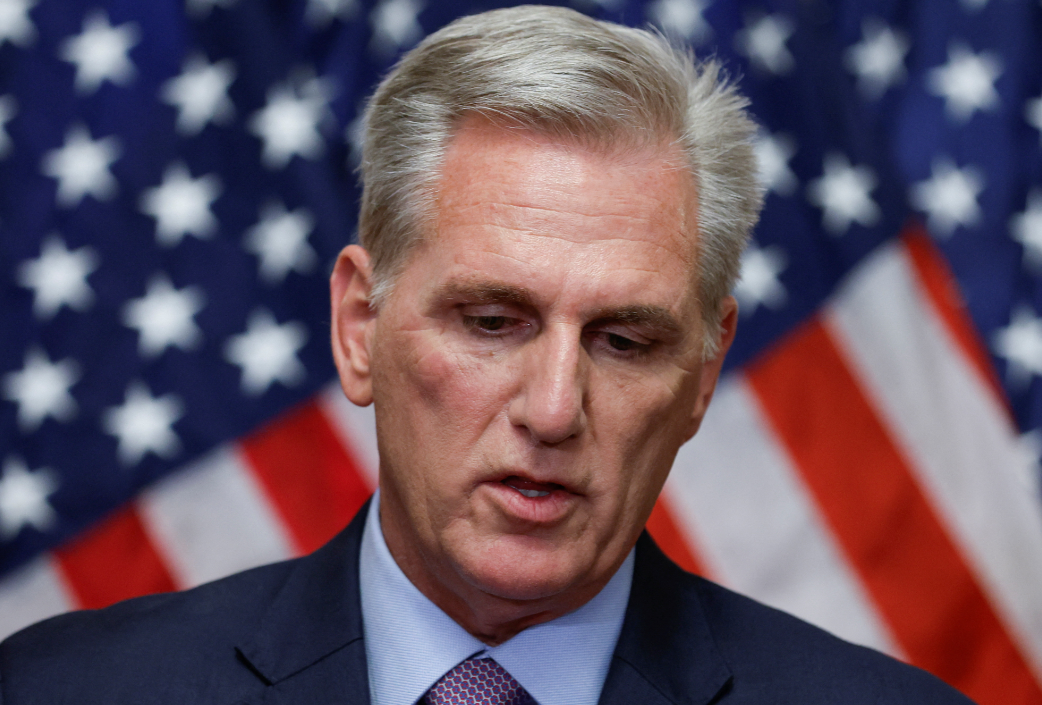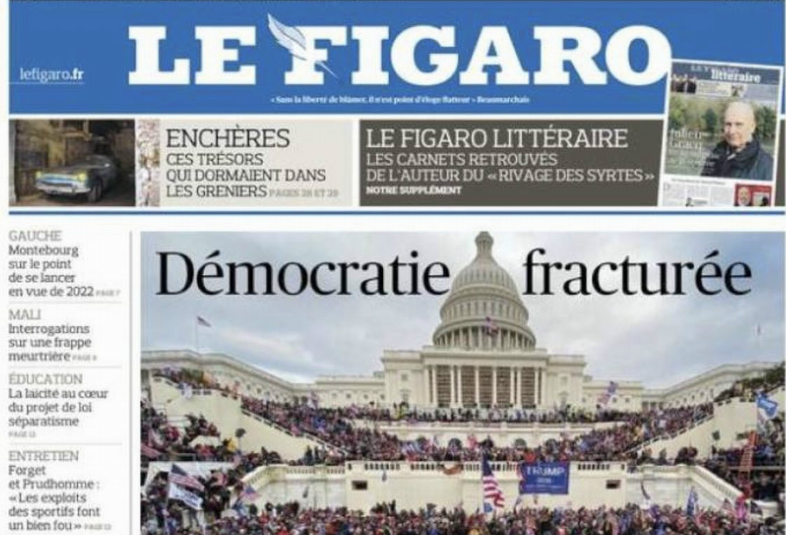
Sun Chenghao, Fellow, Center for International Security and Strategy, Tsinghua University
Tan Yannan, Research Assistant of U.S.-Europe Program at Center for International Security and Strategy, Tsinghua University
Oct 24, 2023
With Kevin McCarthy having been ousted as House speaker, complex internal disputes within the Republican Party will likely persist. If China issues continue to be stoked for political gain, China-U.S. relations may yet face new challenges at the congressional level.
Philip Cunningham, Independent Scholar
Feb 12, 2022
The United States seems to always have a choice jab ready for China, despite weathering an election insurrection a year ago and simmering tensions over COVID-19 responses within its own borders.
Li Zheng, Assistant Research Processor, China Institutes of Contemporary International Relations
Dec 31, 2021
Having achieve little in early December, the United States is looking ahead to another round in 2022. But if the Republicans return to power in the midterm election, international enthusiasm will be dampened.
Zhang Yun, Associate Professor at National Niigata University in Japan, Nonresident Senior Fellow at University of Hong Kong
Dec 09, 2021
Global leadership requires genuine followers, not propaganda. Abstract lectures on democracy don’t much interest the majority of developing countries around the globe. Democracy should aim to solve real problems not serve as pretty wrapping paper for political struggles.
Leonardo Dinic, Advisor to the CroAsia Institute
Dec 08, 2021
The White House plans to host a Summit for Democracy in early December - but will the global convention produce tangible actions, or is it a spectacle of diplomacy showcasing Washington’s clout?

Zhao Minghao, Professor, Institute of International Studies, Fudan University, and China Forum Expert.
Dec 07, 2021
The United States will be under the microscope this month as the international community takes a hard look at democracy. While the Biden administration is hoping to assert moral authority, America’s troubled outcomes and geopolitical motives will be on full display.
Brian Wong, Assistant Professor in Philosophy, HKU and Rhodes Scholar
Apr 29, 2021
The current onslaught of racist attacks against Asian Americans in the United States is rooted in politics, both contemporary and historical, and is inextricably linked to the worsening geopolitical relations between the two largest powers in the world.
Su Jingxiang, Fellow, China Institutes for Contemporary International Relations
Feb 24, 2021
America’s position as the world’s most powerful country is often credited to its democratic political system. However, when looking at historical trends, the U.S. may just be the latest in a string of empires whose dominance begets political turmoil at the top.
Joseph S. Nye, Professor, Harvard University
Aug 13, 2020
Since 2017, America’s National Security Strategy has focused on great power competition, and today much of Washington is busy portraying our relationship with China as a new cold war. Obviously, great power competition remains a crucial aspect of foreign policy, but we must not let it obscure the growing transnational security threats that technology is putting on the agenda.
Tian Feilong, Associate Professor, the Law School of Beihang University
Apr 03, 2019
Trump’s national emergency declaration is an attempt to break what Francis Fukuyama calls a “vetocracy”: a degraded democracy where elites have lost all consensus. This clash exposes the rift between Republican believers in American nationalism and Democratic supporters of universal human rights — but it will do nothing to solve underlying issues brought by inequitable globalization.